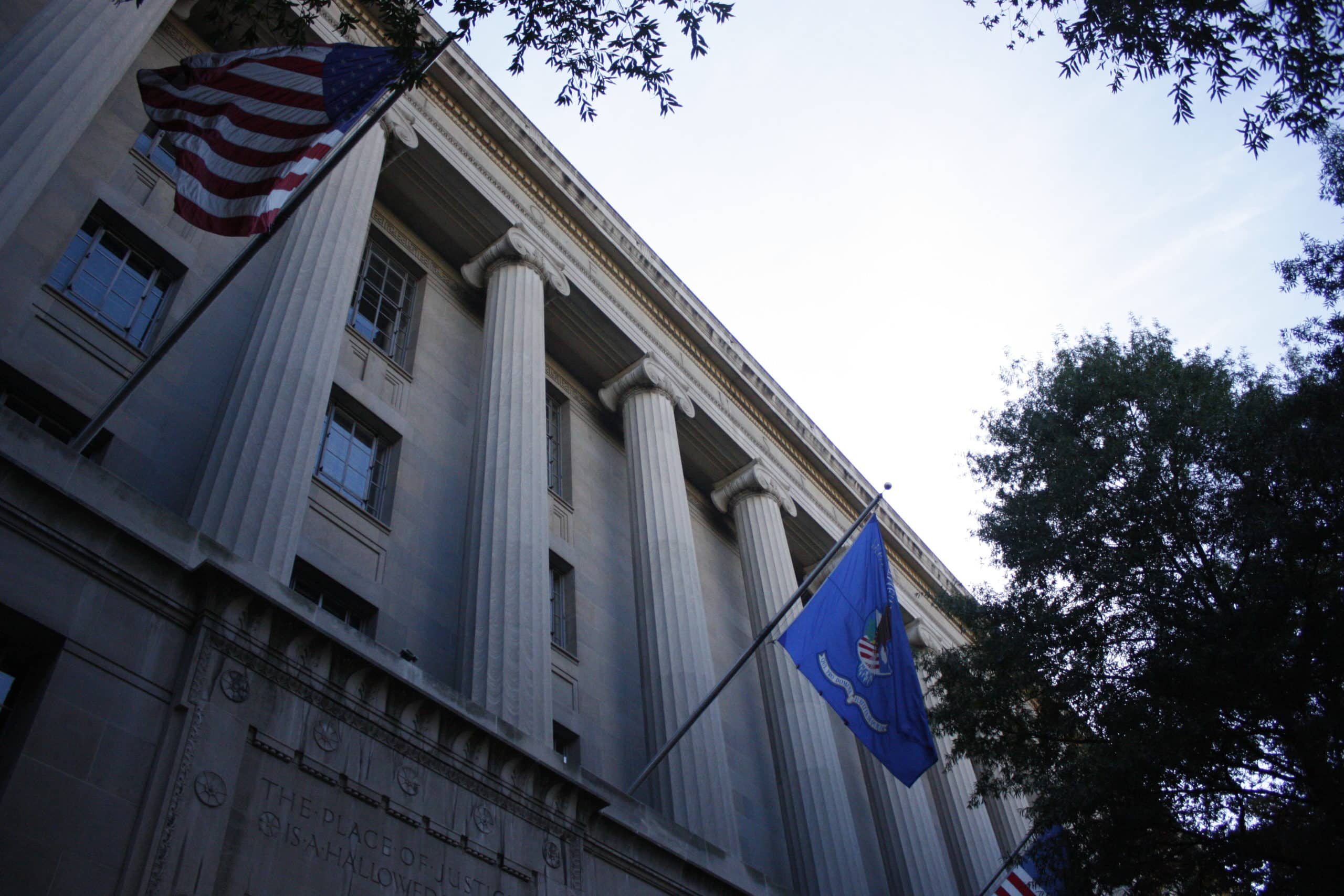DOJ Memo Suggests Framework for Dismissing “Meritless” False Claims Act Cases

Earlier this year, a Department of Justice (DOJ) memorandum proposing a process to deal with the increase in the number of False Claims Act (FCA) cases filed each year to preserve resources was issued by Michael Granston, the Director of the Civil Fraud Section of the Civil Division.
The memorandum states that over the past several years, “the Department has seen record increases in qui tam actions…with annual totals approaching or exceeding 600 new matters,” yet the number of false claims act lawsuits in which the government intervened has remained almost the same. This has concerning implications for qui tam whistleblowers. “This is a troubling sign and an indication of misplaced priorities,” said attorney Stephen M. Kohn, a partner in the whistleblower law firm of Kohn, Kohn & Colapinto. “The DOJ needs to spend more resources investigating and enforcing the law, not helping companies obtain dismissals of potentially valid cases.”
With the increase in FCA cases filed comes the increase in dismissals of FCA cases and the failure to recognize the bravery of the whistleblower. In the end, it could ultimately be corporations who reap the benefits of this new policy.
Granston’s memo provides factors for DOJ attorneys to determine if the government’s interests will be served by the FCA lawsuit. If the government’s interest will not be served, it may seek dismissal, over the relator’s objections, provided the relator has an opportunity to be heard 31 U.S. Code § 3730(c)(2)(A). This section of the FCA provides that “The Government may dismiss the action notwithstanding the objections of the person initiating the action if the person has been notified by the Government of the filing of the motion and the court has provided the person with an opportunity for a hearing on the motion.”
Previously, the case would go through the process of litigation against the company by the whistleblower after the Government declines to intervene, but the Granston memo suggests expediting that process. According to the Granston memo, the Government’s goal is to save time and resources by dismissing so-called meritless FCA cases before they go into full litigation.
“Counsel in FCA cases will need to be prepared to address the Granston memo to avoid dismissal if the Government declines to intervene,” said David K. Colapinto, partner at Kohn, Kohn & Colapinto which represents qui tam whistleblowers. “Ensuring that whistleblower complaints are well-documented and well-drafted to meet the specificity requirements is more important than ever. Also, in first-to-file situations, whistleblowers should work more cooperatively together, not only to resolve first-to-file objections but by combining forces whistleblowers might strengthen the case and increase the chance of a Government recovery,” he added.
* Resources for False Claims Act / Qui Tam Whistleblowers
Latest News & Insights
February 24, 2026
February 24, 2026
February 16, 2026



